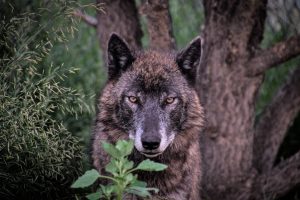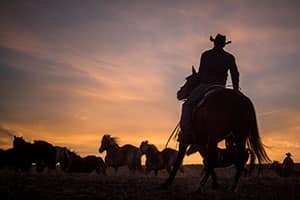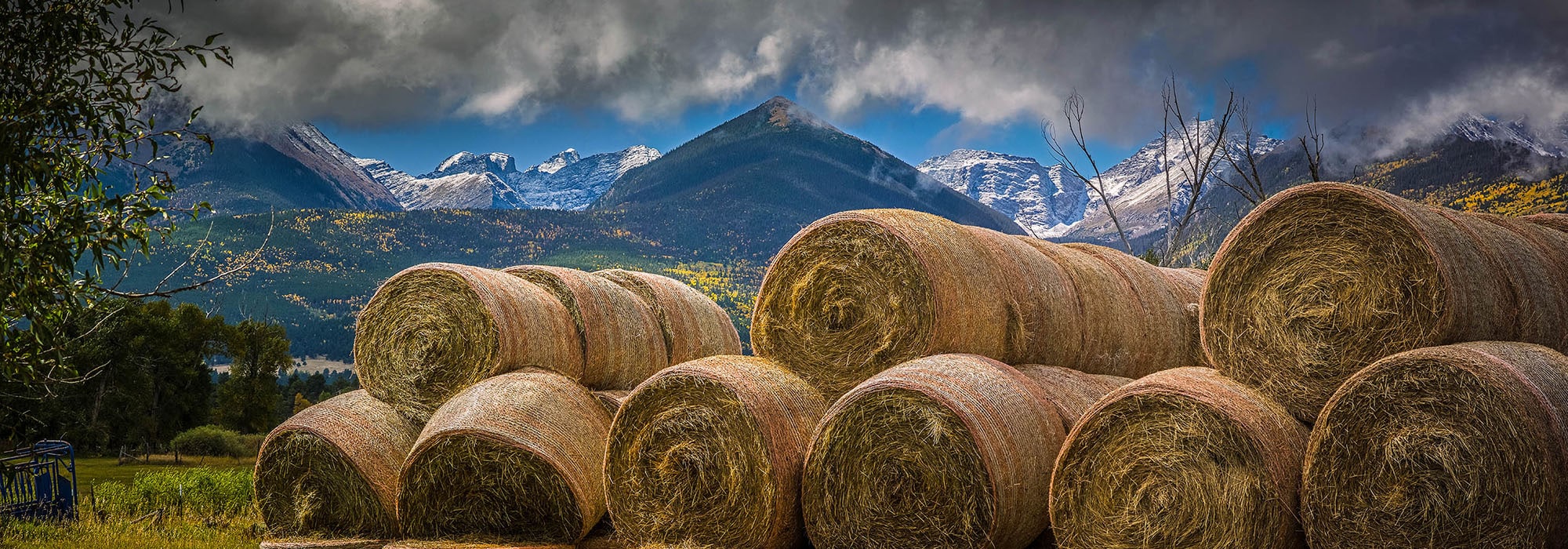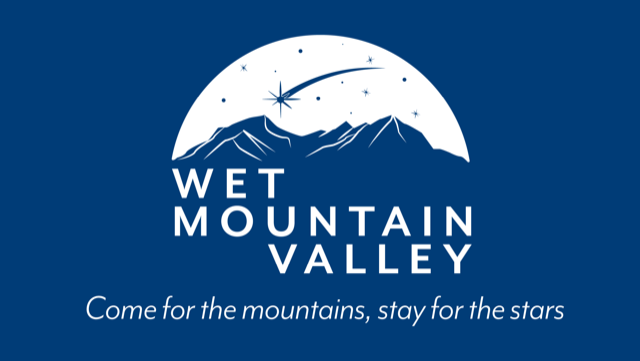Nearly every agricultural valley in the mountains of the American West suffers from productive land loss and rising real estate values. As a result, ranchers struggle to survive without selling their land to developers.
Selling land to the highest bidder can be lucrative, but long-term, it erodes family heritage, community identity and wildlife habitat.
Unwilling to sell to developers who plant asphalt rather than hay, many Custer County ranchers choose to establish conservation easements, which offer alternative, cost-effective methods for maintaining land stewardship.
A conservation easement prevents—in perpetuity—additional construction on a designated piece of land. Ranchers who create conservation easements, either by selling or donating land to a nonprofit group, also forfeit their rights to build on the property.
Conservation easements created to keep family ranches intact line Custer County. Yet Custer County’s real estate sales continue to grow.
Custer County residents live in the Wet Mountain Valley for its beauty and unblemished open space. With the establishment of conservation easements, they’ve ensured land will remain unaltered for generations to come.





